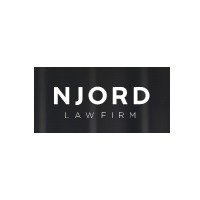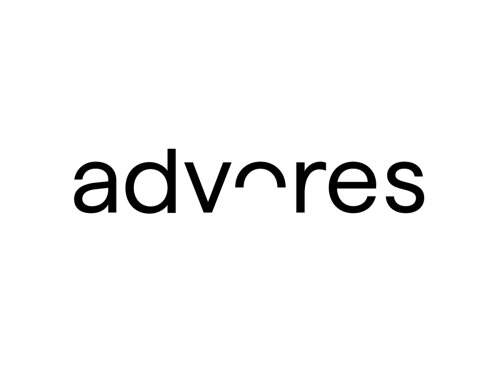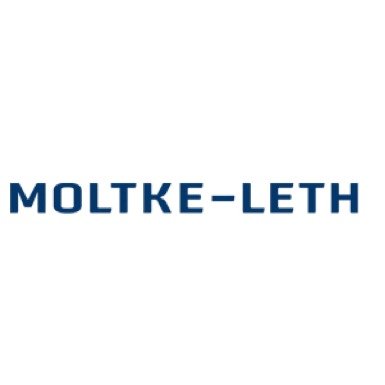Best Housing, Construction & Development Lawyers in Copenhagen
Share your needs with us, get contacted by law firms.
Free. Takes 2 min.
Free Guide to Hiring a Real Estate Lawyer
List of the best lawyers in Copenhagen, Denmark
About Housing, Construction & Development Law in Copenhagen, Denmark
The field of Housing, Construction, and Development law in Copenhagen, Denmark, is characterized by its detailed regulatory framework designed to ensure sustainable urban development, protect tenants' rights, and facilitate efficient construction practices. Copenhagen is known for its commitment to building sustainable, green urban environments, and this is reflected in its housing and construction laws. The legal framework is designed to accommodate the city's growth and environmental commitments while balancing the interests of property developers, landlords, and tenants.
Why You May Need a Lawyer
There are several scenarios where individuals or businesses might require legal assistance in the realm of Housing, Construction, and Development:
- Disputes between landlords and tenants, such as issues related to lease agreements or eviction processes.
- Challenges in obtaining necessary permits for construction projects.
- Legal compliance issues concerning building codes and zoning laws.
- Complex property transactions, including sales and purchases of real estate.
- Navigating laws related to development projects that aim for environmental sustainability.
- Issues related to the financing of housing or construction projects.
Local Laws Overview
Copenhagen's legal landscape for Housing, Construction, and Development is governed by a mix of national laws and local regulations. Key aspects include:
- Planning and Building Act: Governs land use, building permits, and ensures developments are sustainable and meet community needs.
- Tenancy Act: Protects tenant rights, regulates rent increases, and outlines landlords' responsibilities.
- Zoning Laws: Dictate how land in different parts of the city can be used, impacting property development plans.
- Environmental Regulations: Ensure construction projects adhere to sustainability standards, protecting Copenhagen's commitment to green development.
- Condominium Act: Sets rules for the management and sale of condominium units.
Frequently Asked Questions
What are the primary legal requirements for starting a construction project in Copenhagen?
To start a construction project, you need to obtain a building permit, which involves compliance with the Planning and Building Act, zoning regulations, and environmental guidelines.
How is rent determined in Copenhagen, and can it be increased by the landlord?
Rent is typically determined by market rates and must comply with the Tenancy Act. Rent increases are regulated, and landlords must provide justification and notice before making changes.
What should I do if I am facing eviction?
If you're facing eviction, it's crucial to review your rights under the Tenancy Act. Legal assistance can help resolve disputes and ensure due process is followed.
How can I settle disputes with my contractor during a construction project?
Contract disputes can often be resolved through mediation or arbitration. Legal advice can help you navigate these processes effectively.
What environmental considerations must be taken into account for new developments?
Developments must adhere to strict environmental regulations to promote sustainability, including energy efficiency, waste management, and green space preservation.
Are there any incentives for building environmentally friendly structures?
Yes, there are various incentives and subsidies to encourage eco-friendly building practices, including tax benefits and grants for green technology integration.
What are my rights as a tenant if my building is set for redevelopment?
Tenants have rights to fair treatment and compensation during redevelopment, and must be given proper notice. They cannot be evicted without cause.
How is property inheritance managed in Copenhagen?
Property inheritance is governed by Danish succession law, which outlines how property is distributed among heirs. Legal advice can provide guidance specific to each case.
What are the penalties for non-compliance with construction laws?
Penalties can include fines, project delays, or permit revocations. Severe violations may result in legal proceedings.
How can I ensure my real estate transaction is legally sound?
Hiring a lawyer to review contracts, conduct due diligence, and ensure compliance with Danish property laws is crucial to preventing legal issues.
Additional Resources
For more information or assistance, consider reaching out to these organizations:
- Danish Bar and Law Society: Provides a list of certified legal professionals.
- Copenhagen City's Building and Housing Department: A government body overseeing permits and housing regulations.
- Tenants' Rights Organization: Offers advice and resources for tenant-related concerns.
- Real Estate Agents' Association in Denmark: For guidance on property transactions.
- Environmental Protection Agency: Provides guidelines and support for sustainable development initiatives.
Next Steps
If you require legal assistance in Housing, Construction, or Development, the first step is to consult with a qualified lawyer who specializes in this area. Consider preparing a summary of your issue, gathering relevant documents, and identifying key questions you wish to address. Contact the Danish Bar and Law Society for referrals and ensure that any lawyer you work with is experienced in the specific aspects of your case.
Staying informed about your rights and obligations under local laws is crucial. Continually reference reliable sources and maintain communication with professionals to guide you through complex legal landscapes.
Lawzana helps you find the best lawyers and law firms in Copenhagen through a curated and pre-screened list of qualified legal professionals. Our platform offers rankings and detailed profiles of attorneys and law firms, allowing you to compare based on practice areas, including Housing, Construction & Development, experience, and client feedback.
Each profile includes a description of the firm's areas of practice, client reviews, team members and partners, year of establishment, spoken languages, office locations, contact information, social media presence, and any published articles or resources. Most firms on our platform speak English and are experienced in both local and international legal matters.
Get a quote from top-rated law firms in Copenhagen, Denmark — quickly, securely, and without unnecessary hassle.
Disclaimer:
The information provided on this page is for general informational purposes only and does not constitute legal advice. While we strive to ensure the accuracy and relevance of the content, legal information may change over time, and interpretations of the law can vary. You should always consult with a qualified legal professional for advice specific to your situation.
We disclaim all liability for actions taken or not taken based on the content of this page. If you believe any information is incorrect or outdated, please contact us, and we will review and update it where appropriate.

















